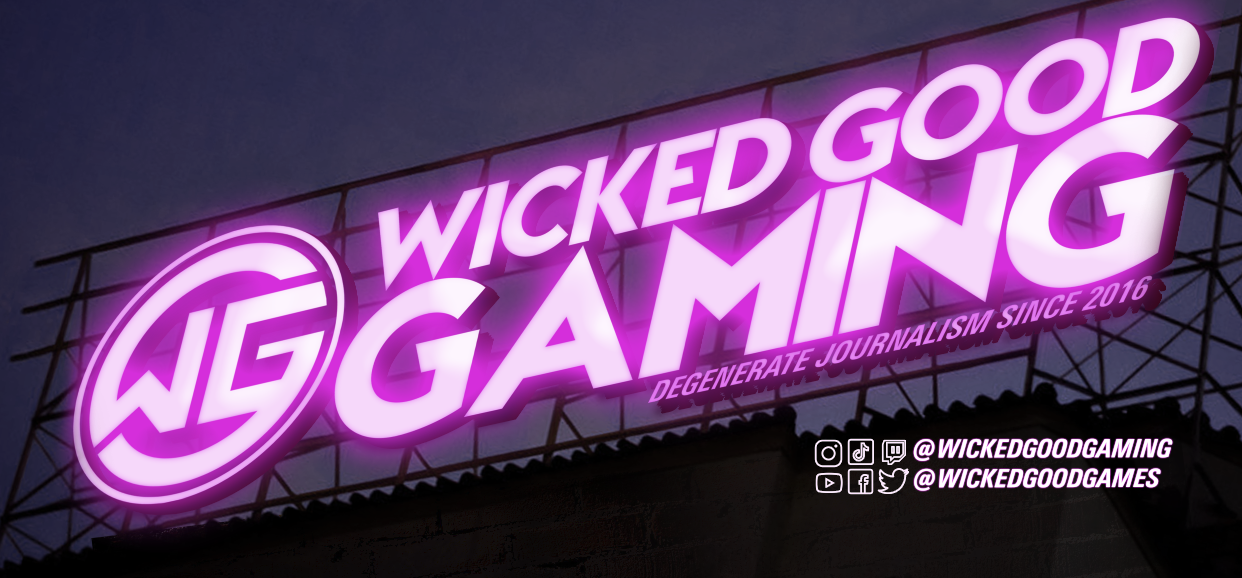Good Guy Nintendo and The Legend of Crunch Culture
It is an unfortunate reality in the video game industry that with increased growth and competition, production pressure mounts leading to deadline crunches and outrageous (often unpaid) overtime for employees. However, this is not a new scourge in the industry. In a now famous 2005 LiveJournal post (yes, that thing that was around when Facebook started), ea_spouse first exposed the dark side of the video game industry. “The current mandatory hours are 9am to 10pm –s seven days a week — with the occasional Saturday evening off for good behavior (at 6:30pm). This averages out to an eighty-five hour work week.” ea_spouse continued on to expose the lack of compensation or overtime being paid to employees and the relative indifference of studio management. While this exposé garnered national attention and EA subsequently paid out millions of dollars in lawsuit settlements, change did not seem to come readily and stories of “crunch culture” continue to break throughout gaming and mainstream media. A Business Insider article from 2019 gives some perspective:
Across the last six months – and, more sporadically, across the last few decades – a common theme has emerged from dozens of reports about video game development: It’s far too often a grueling, disorganized slog that leans on passionate individuals to deliver multi-million-dollar blockbusters.
Business Insider
Big-name developers such as Rockstar Games, Telltale (RIP), EA (still), and Epic Games all came under fire over the last few years for overworking their employees. Grass-roots unionization efforts have even materialized to advocate against exploitation in the game industry. These efforts face a daunting challenge given the size and resources of these big developers. Recently, a Washington Post article from March 24, 2021 commented that “40% of game develop[ers reporting working crunch time at least once over the course of the previous year” and that “just 8% said they received extra pay for those hours.”
A second-victim of crunch culture are the games themselves. EA’s Anthem is a case in point. As a Kotaku article from 2019 points out, “It wasn’t even supposed to be called Anthem.” This identity crisis wasn’t the only problem the game faced. Not only was it BioWares lowest aggregate review on Metacritic (55…. ouch), but it also took a toll on those creating it. A significant number of staff “had to take “stress leave”-a doctor-mandated period of weeks or even months worth of vacation for mental health.” We, as consumers, are not fooled by the tactics of the big corporations. Stripping content and putting it behind DLC-paywalls paired with a shoddy loot box system is a fast way to lose the public’s trust and tank sales.
I know what you might be thinking; even I had to pause to let out a sigh at how sad the industry seems. But, like Pikachu jumping into a bolt of lighting to zap the shit out of a horde of Spearows, in comes Nintendo to annihilate crunch culture. In a recent interview with youtuber KIWI TALKZ, Mike Wikan (Duke Nukem, Donkey Kong, DOOM, Metroid Prime) gave some more insight into Ninteno’s development strategies.
“Because you’re a creator, your internal ego is wound up in your work product.” There are naturally bound to be tensions between creatives and game design brings together multiple of these creators. Wikan gives insight into how to manage these conflicts:
“The best way for people to work through those things is to be rested, have a sense of humor about what you do, and have leadership that knows all those things and helps solve those problems. And you can’t do that if you’re working 100 hour work weeks.”
Mike Wikan
Nintendo has a track record of supporting the health and wellness of it’s employees and protecting the integrity of its games. An IGN article from E3 2019 re-iterates Doug Bowser’s (Nintendo of America) thoughts on crunch, “We need to make sure that employees have good work-life balance.” Bowser continues, “One of these examples is, we will not bring a game to market before it’s ready.” Animal Crossing comes to mind here and it was definitely worth the delay in release. Nintendo is no stranger to commercial success and failure, but it has always provided consistently solid gaming experiences with its in house titles. I’ve sunk countless hours into Breath of the Wild, Animal Crossing, and Super Mario Odyssey and never came out of a gaming session without a huge smile on my face. I hope that other large developers take some notes from Nintendo and start supporting the health and well-being of their employees instead of pushing them to the brink.
See the full interview here:




